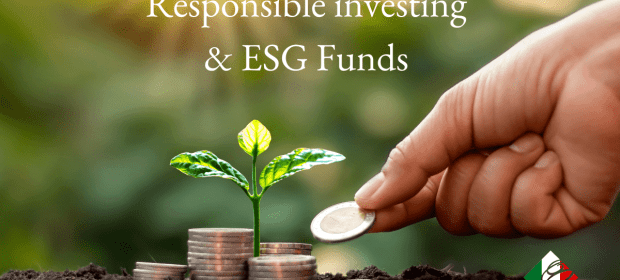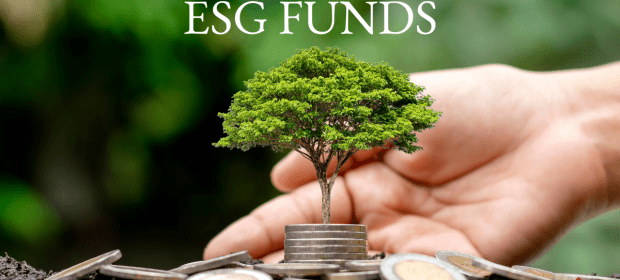I love maintaining the grounds of our home. It keeps me fit, is rewarding when a job is well done, and gets me off the computer into the fresh air.
We live on the edge of the National Park that is the Montgo, surrounded by pine trees and other natural vegetation. We decided to keep an area that many would describe as wild and unkempt as a “nature reserve”.
The joy of a variety of animals and bird life gathering at dawn and dusk at the pool as their “watering hole” has provided many an hour of entertainment. So many bird species and colours nest here, and visit us year after year with their offspring. In the summer even the occasional Parakeet/ Cockatiel fly in, Hawks circle above on the thermals looking for their prey, and Swallows “dive bomb” the pool for flying insects.
Perhaps the most amusing are the squirrels that use the balustrade surrounding the pool as their personal M25, rather than the death defying leaps from tree to tree. They drink from the deep end hanging on for dear life with their front paws in the pool, and suspended by their rear haunches.
It’s the animals’ natural habitat, and source of food. Pigeons eat the dry seed pods from the yellow Mimosa, the other birds attracted by brightly coloured berries from bushes. They drop the seeds or deposit them via “natural wastage” through their system. Bird’s beaks pollinate flowers as they move from plant to plant. Squirrels store their nuts and then forget where they left them, ie lost their nuts. All of this leads to natural germination of new plant growth.
Of course there are drawbacks, fire being our biggest fear with the latest in January this year that was only 500 metres away. A round of applause for the skill of the pilots in their helicopters and planes dispensing their water drops on steep slopes and the “ ground Fire-fighters “ that camped out overnight on the mountain slopes to ensure the fire did not restart.
Our grab bags were ready for immediate evacuation.
Like everything in life there is a balance, yin and yan. De-forestation also has other issues that impact our very lives. I ‘ll refer to this in part 2, and its quite a surprise. But we have to consider the fire risk of our natural area, man’s need vs environment. It is a compromise that needs “Forest Management “rather than total destruction. This takes time, effort, planning and thought.
On a minor basis this is no different to company investment funds that are moving to a strict code pertaining to ESG. As a company The Spectrum IFA Group continue to add new additional ESG funds to the portfolio of fund managers that are truly supportive of this vital part of investing. The most recent one is the Liontrust ESG fund and we welcome its inclusion.
As this is becoming a vital component to any individual’s portfolio, feel free to contact me as detailed below, or download our guide to responsible investing and ESG funds here







